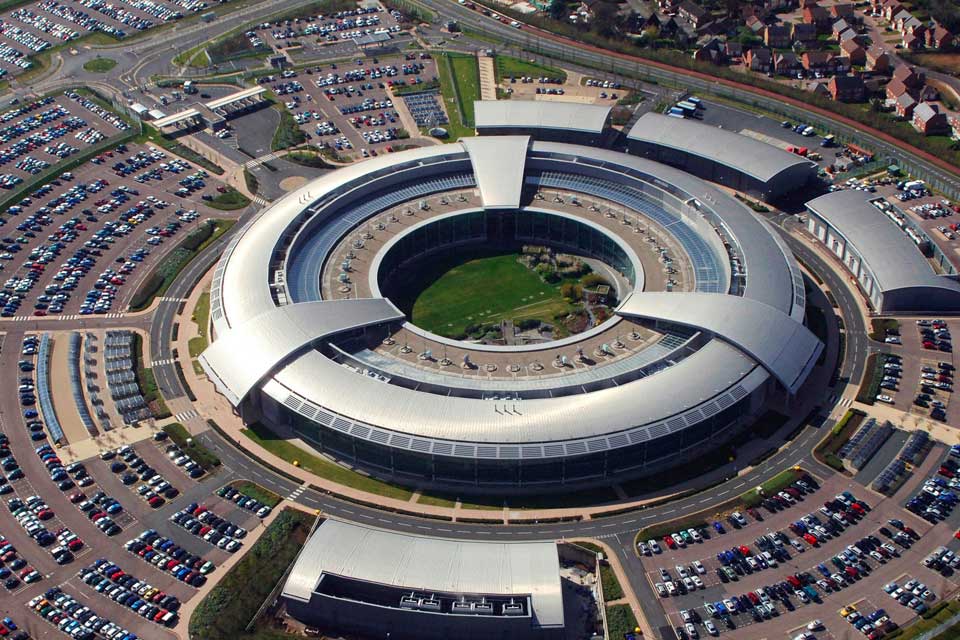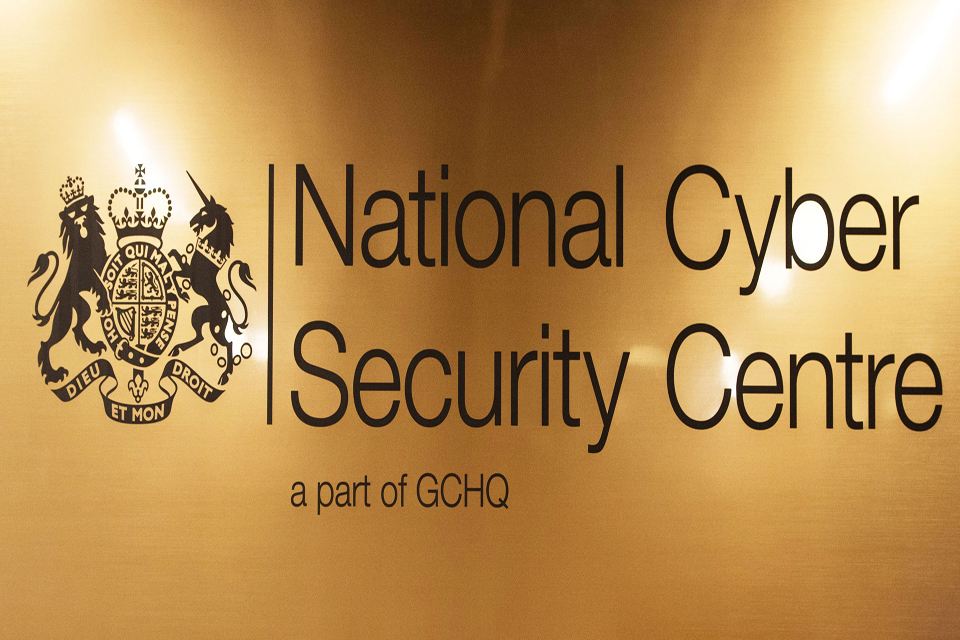Nine graduates pass through NCSC Cyber Accelerator
https://cybersecureforum.co.uk/wp-content/themes/osmosis/images/empty/thumbnail.jpg 150 150 Stuart O'Brien Stuart O'Brien https://secure.gravatar.com/avatar/81af0597d5c9bfe2231f1397b411745a?s=96&d=mm&r=gA group of tech start-ups have become the latest to graduate from a Government initiative to advance the next generation of cyber security systems.
The nine-month GCHQ Cyber Accelerator (now renamed the NCSC Cyber Accelerator), delivered in partnership with Wayra UK, part of Telefónica Open Future, saw nine companies develop cutting-edge products and services to help enhance the UK’s cyber defences.
Part of the UK Government’s £1.9bn National Cyber Security Strategy and the Cheltenham Innovation Centre, the Accelerator is a collaboration between the Department for Digital, Culture, Media and Sport (DCMS), GCHQ, National Cyber Security Centre (NCSC), and Wayra UK and aims to drive innovation in the cyber security sector.
Firms selected to take part in the second round had access to personnel and technical expertise at the NCSC and GCHQ, as well as the Telefónica global business network. They also received £25,000 in funding, high-quality mentoring and office space.
Innovations developed include a cloud service solution to connect Internet of Things devices with end-to-end authenticated, encrypted security and a service to solve the problem of age verification and parental consent for young adults and children in online transactions.
Companies who took part were Cybershield, Secure Code Warrior, RazorSecure, Elliptic, Intruder, Trust Elevate, Warden, Ioetec and ExactTrak.
NCSC, DCMS and Wayra UK will soon be calling for cyber start-ups to join the third round of the programme – now renamed to the NCSC Cyber Accelerator – to help address some of cyber space’s key challenges.
Innovative entrepreneurs and start-ups can now register interest in participating in the nine-month programme, which will include ten innovative, agile companies in 2018/19.
Secretary of State for Digital, Culture, Media and Sport, Matt Hancock, said: “With so much of our daily lives connected to the internet, it is vital the UK leads the way on cyber security to fulfil our ambition of making Britain the safest place to in the world to be online.
“The NCSC Cyber Accelerator programme is a great example of government, industry and tech start-ups coming together to benefit from the advice of world-class experts and tackle cyber crime.”
Chris Ensor, NCSC Deputy Director for Cyber Skills and Growth, said: “On behalf of the NCSC, I would like to congratulate the second cohort on their completion of the Accelerator.
“It has been exciting to collaborate with such innovative start-ups, tackling such a broad range of problems.
“I’m really pleased that Wayra UK will continue to be our partner. I look forward to working with them and meeting more pioneering entrepreneurs as we launch the next cohort.”
Gary Stewart, Director of Wayra UK, said: “We are really pleased to be continuing our partnership with GCHQ. It’s one of our most strategic and successful partnerships.
Indeed, our first two cohorts have raised more than £20 million in funding, have created 19 British jobs and have won 15 trials and contracts worth over £3 million. And this has been just in the last 18 months.”




